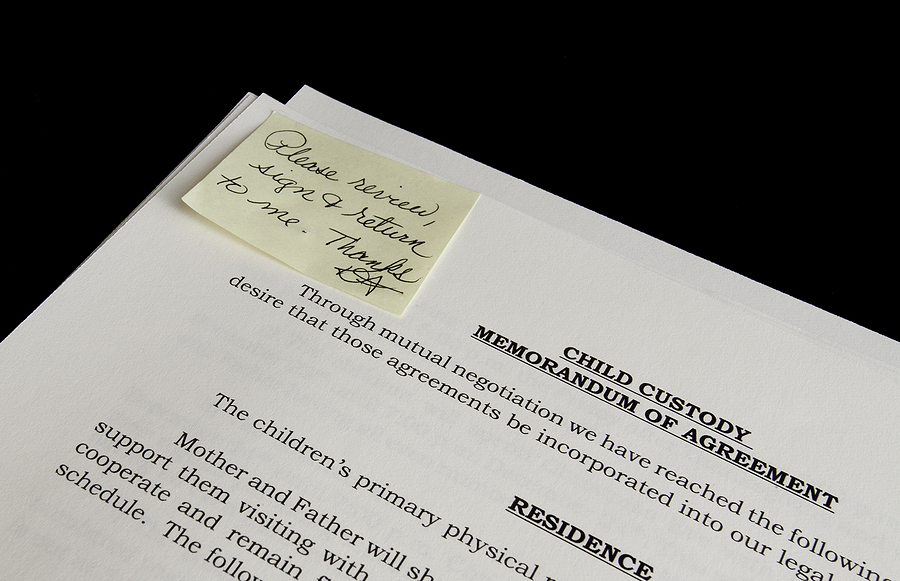Moving out of state with child custody involves complex legal considerations. Here’s a comprehensive guide to help parents ask and answer, “Can you relocate with child custody?”
How to Relocate with Child Custody
Relocation isn’t just about logistics when it comes to child custody. It also affects your child’s stability, their relationship with the other parent, schooling, extracurricular activities, and emotional well-being. Because courts prioritize the child’s best interest, it’s important to contact an experienced family lawyer for necessary insights before changing your address.
In Michigan, moving out of state with child custody (or over a certain distance) generally requires notice to the other parent and court approval. A 45- to 60-day formal notice is typical, and court involvement it’s necessary unless both parents agree in writing to the move.
Michigan courts will evaluate the reason for the move, the impact on the child’s life, consequences to parent-child contact, transportation feasibility, and, in some cases, the child’s opinion. Knowing how to legally relocate with child custody means understanding the nuances of the law and working with a knowledgeable attorney to avoid mishaps.
Formal Notice: What to Do When Moving Out of State with Child Custody
You must submit a written notice of your intent to relocate to the other parent and the court. This must be done within the time frame stated in the Michigan Rules of Civil Procedure or your parenting agreement.
If both parents consent to the move and amend the standing parenting plan, then the parties may not need court intervention. However, formalizing the custody agreement helps reduce conflicts and misunderstandings.
If necessary, file a relocation motion absent an agreement. Explain why the move serves your child’s best interests and be ready to provide documentation to prove it. Courts may request details about housing, schooling, custody and visitation plans, and even job offers. Prepare and present a relocation-friendly proposal with creative child-centered solutions such as:
- Scheduling longer visits during the summer or holidays
- Rotating winter or summer breaks
- Sharing holiday travel plans
- Virtual contact via video calls or e-mail
- Other co-parenting arrangements for your family
The court will weigh the pros and cons of the relocation and may even call witnesses such as teachers, therapists, or extended family members. Contact Richards Family Law for a free consultation to discuss your case.
Best Practices for Moving Out of State with Child Custody
Be transparent and document everything. Hiding details can backfire, but full disclosure builds trust with the court. Provide school admissions letters, employment offer letters, rental agreements or mortgage details, and anything else you think the court may need to consider.
Propose and realistic visitation plan because courts look for arrangements that protect parent-child relationships while serving the child’s best interest. Highlight how the move could improve the child’s quality of life, sense of stability, educational opportunities, or emotional well-being.
Work with a skilled attorney to ensure compliance with the procedure and effective case presentation because family law is complex. You must follow the written terms of your custody order or state law until otherwise permitted by the court. Therefore, your ability to relocate usually depends on how well you demonstrate a thoughtful, realistic plan.
Final Thoughts
Relocating with child custody is an emotionally charged decision, but careful planning and legal support can make transitions more successful. Explore your options with a comprehensive consultation.
Richards Family Law helps Michigan parents navigate the complex legal system, assisting with drafting notices, negotiating modifications, and crafting persuasive court filings focused on the child’s best interest.






